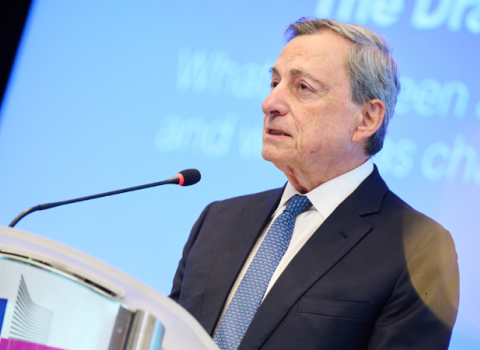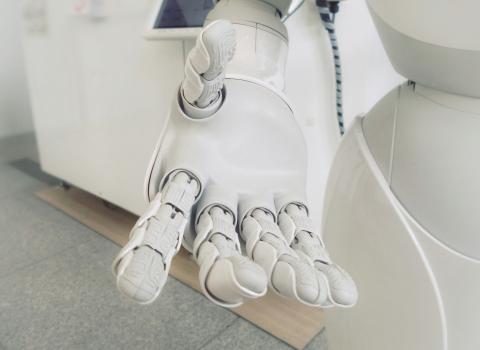As planning for next R&D programme gets underway, leaked document suggests Copenhagen is calling for radical changes in the way it’s all structured

Christiansborg Palace in Copenhagen, the seat of the Danish Parliament
Denmark wants the European Institute of Innovation & Technology (EIT) to be “discontinued” in the EU’s next framework programme for research and innovation (FP10), according to a government position paper seen by Science|Business.
The paper says the Commission should dismantle EIT and provide a plan for reaching financial “self-sustainability” for its “well-functioning” knowledge and innovation communities (KICs). According to the Danish paper, one of the main policy goals for FP10 would be to simplify the programme, which “has become overly complex” with many initiatives and funding streams that are overlapping and duplicating efforts.
EIT was launched in 2008, after the European Commission former president José Manuel Barroso visited the Massachusetts Institute of Technology (MIT) and wanted to replicate its success in Europe.
Shortly after the EIT was established, the Commission created three KICs: EIT Digital, Climate KIC and EIT InnoEnergy. The goal was that each KIC would attract investment and become financially independent from the parent agency within 15 years. While some of the KICs have attracted investments, very few are on the path to full financial sustainability. The EIT now has nine KICs and only three have announced clear paths towards financial sustainability: EIT Digital, Climate KIC and EIT InnoEnergy. The others are also required to reach financial sustainability in the future.
The EIT was designed to connect research, higher education, industry and private capital to spur innovation. However, in 2021, the EU rolled out a new institution with a similar goal: the European Innovation Council. Critics said at the time that there are overlaps between the EIT and the EIC and the two institutions should merge, but both moved forward independently with funding from Horizon Europe.
According to the Danish paper, the EIC “must be continued and strengthened” in FP10.
Copenhagen is calling for EIT to go based on “on close consultation with stakeholders that find it increasingly difficult to identify added value and have chosen to opt out of this instrument,” the paper says.
In addition, the paper argues that the KICs include education elements that are clearly overlapping with Erasmus+, and that certain EIC projects overlap with the KICs. “Outfacing the EIT would constitute a major streamlining initiative by the EU and the EIT budget could strengthen the EIC.”
The paper does not go into further details, but it presents a few other radical ideas for FP10, setting out Denmark’s stall early in the campaign to shape the research programme, and will feed into input from other member states, stakeholders and the European Commission to be published later this year.
The Danish wish list
Widening no more: The Danish paper also calls for the Widening programme to be moved outside FP10 and funded via structural funds. According to the paper, the current Widening measures are “not optimal in terms of added value”.
Cut the number of partnerships in half: Denmark wants to “rethink and limit” the number of partnerships in FP10. “There is a need for fewer, stronger, thematically clearer partnerships of broad EU interest, where enhanced national and EU alignment is deemed absolutely necessary”. The paper says the process of selecting partnerships is not transparent, the evaluation criteria are too broad, too many partnerships overlap, and have “severe” implementation problems.
Move research missions out of FP10: Missions do not have “adequate R&I content,” the paper says. “We continue to fully support the mission areas, but for missions to succeed, they should be (re)launched as proper EU missions with their own legislative acts independent from FP10, combining R&I resources from FP10 with other funding from relevant programmes to support all the necessary activities outside the R&I domain.”
Editor's note: This article has been updated 26 January to clarify the situation regarding the financial sustainability of the EIT KICs.





 A unique international forum for public research organisations and companies to connect their external engagement with strategic interests around their R&D system.
A unique international forum for public research organisations and companies to connect their external engagement with strategic interests around their R&D system.